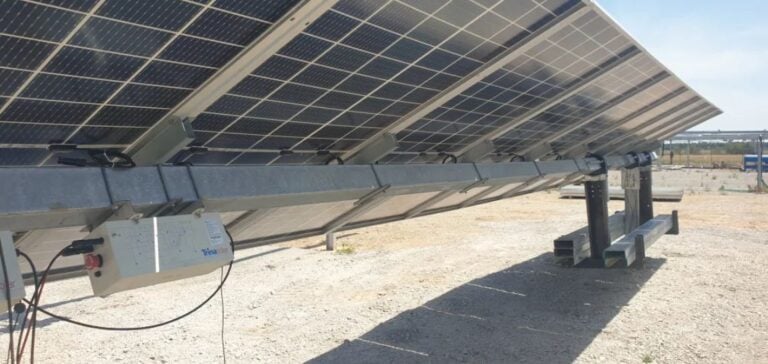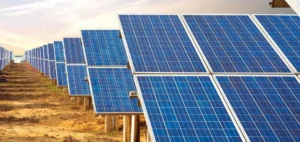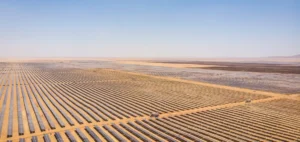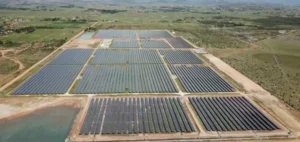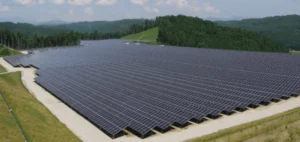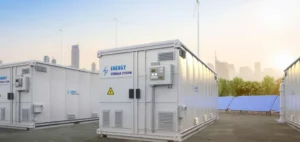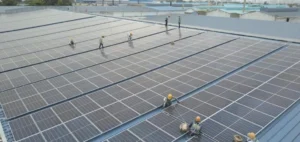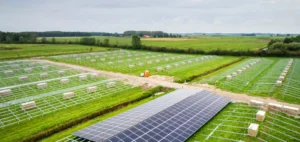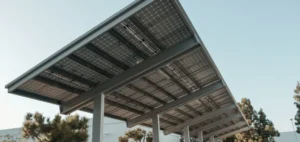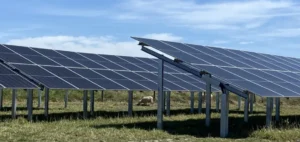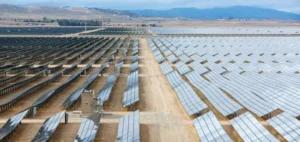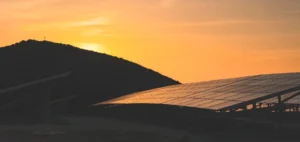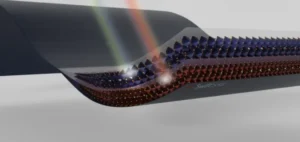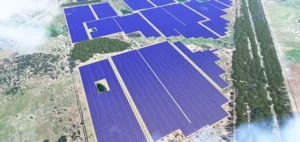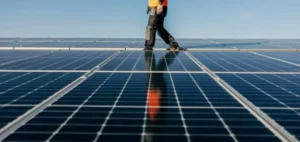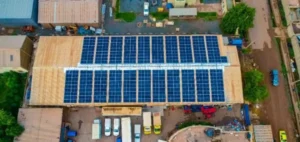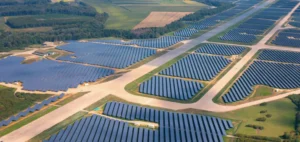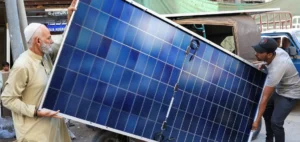The U.S. solar sector is rapidly evolving, driven by economic pressures and technological advancements. SolarPanelRecycling.com (SPR), a company specializing in solar equipment recycling, has announced the launch of the country’s first automated recycling line dedicated to bifacial panels. This initiative aims to meet the growing waste management needs in a market where these modules are projected to dominate, representing 70% of installations by 2033, according to the International Energy Agency Photovoltaic Power Systems Program (IEA-PVPS).
A solution to an industrial challenge
The rapid development of bifacial panels, characterized by their ability to capture light from both sides, poses new logistical and industrial challenges. Modules damaged during transport, installation, or extreme weather are creating an increasing flow of waste requiring specific treatment. Unlike conventional recycling lines designed for monofacial panels—which often fail to effectively process bifacial modules—this new line enables clean material separation, increasing recovery value.
With this technology, SPR addresses a pressing industry need: maximizing material recovery while optimizing processes. Industrial players are seeking cost-effective solutions that also enhance global competitiveness.
Strategic impact on the solar industry
The implementation of this recycling line is part of a broader trend of adapting infrastructure to market developments. By improving the recovery of critical raw materials, SPR offers a strategic alternative for manufacturers and solar infrastructure developers facing growing supply chain pressures worldwide.
The political and economic implications are notable. This technological development strengthens the United States’ strategic positioning in the solar sector, particularly in comparison to similar initiatives in Europe and Asia. The ability to process solar waste at scale could become a bargaining chip in discussions on international energy policies.
A shifting economic model
Beyond technological innovation, this initiative reflects a shift in the economic model of solar recycling. Companies in the sector, including SPR, are reorienting their strategies to integrate high-value-added processes and meet the economic and industrial demands of their major corporate clients.
Recycling bifacial panels, still a niche today, could become a key segment of the solar market in the coming years, impacting the entire value chain from module manufacturers to project developers.


